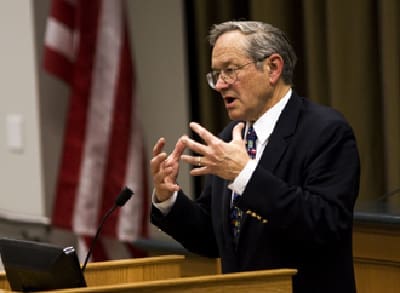Advisory Board
David Ellison, Ph.D.
Dr. David Ellison is a leading climate and forest science researcher whose work focuses on the interactions between forests, water cycles, energy fluxes, and the global climate system. He is a Senior Researcher affiliated with the Swedish University of Agricultural Sciences (SLU – Umeå) and an independent expert on forest-dynamics, land use, and environmental policy.
David is lead and co-author of the influential papers “Trees, forests and water: Cool insights for a hot world” (2017) and “Even cooler insights: On the power of forests to (water the Earth and) cool the planet” (2024). Together, these widely cited works synthesize decades of research showing that forests play a central role in cooling the Earth — not only through carbon storage, but also by regulating water cycles, enhancing evapotranspiration, redistributing energy as latent heat, and influencing water storage and rainfall patterns at regional and continental scales.
His research challenges carbon-only climate frameworks and has helped re-establish forests as active climate regulators, essential for both mitigation and adaptation. David’s work spans science, policy, and governance, informing international discussions on ecosystem restoration, sustainable land management, and climate resilience.
Through his scholarship, David Ellison has been instrumental in advancing a more complete understanding of how restoring forests and living landscapes can help stabilize climate, restore water cycles, and cool the planet — a perspective closely aligned with Bio4Climate’s mission.
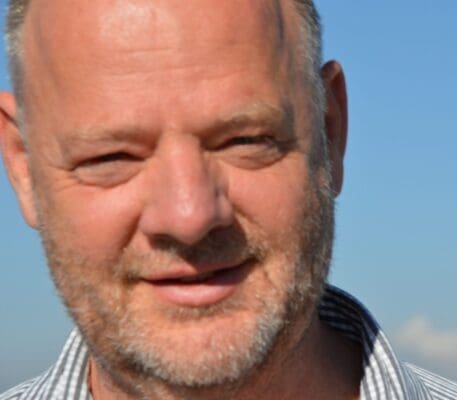
Tom Goreau
Tom Goreau is an award-winning marine, soils and climate scientist. He is President of the Global Coral Reef Alliance, a coral reef protection non-profit, and coordinator of a UN commission for small island states. He has dived longer and in more coral reefs around the world than any coral scientist and has published around 200 papers in coral reef ecology, climate and other fields. He has pioneered the study of reef preservation, and has participated in several major UN global conferences. He works with tropical fishing communities to restore coral reefs and fisheries, especially the Kuna Indians of Panama, the only native people of the Americas who have maintained their cultural and political independence. He is a hereditary leader of the Yolngu Dhuwa aboriginal clan of Arnhem Land, Australia, who preserve the world’s oldest creation myth. He was educated in Jamaican schools, at MIT, Caltech, Yale, Woods Hole, and holds a Ph.D. from Harvard in biogeochemistry. He is a trained nuisance crocodile remover who would rather not.
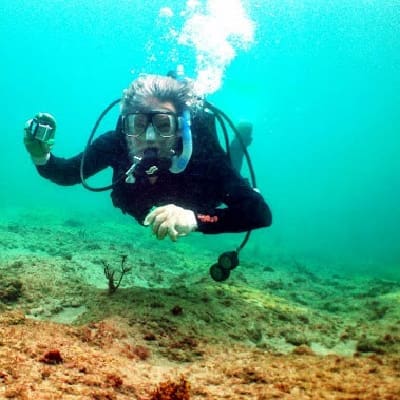
Rob de Laet
Rob de Laet is a Dutch environmental strategist, entrepreneur, and founder of Cooling the Climate, an initiative focused on restoring forests and water cycles—especially in the Amazon—as a pathway to rapid planetary cooling. A principal member of the EcoRestoration Alliance, he has spent the past decade developing large-scale restoration strategies, indigenous-led projects, and innovative finance mechanisms to support biosphere revival. Co-author of Cooling the Climate: How to Revive the Biosphere and Cool the Earth Within 20 Years, he works to shift global climate discourse toward the critical role of ecosystems and water cycles in stabilizing climate. Rob contributes to Bio4Climate a systems-thinking, action-oriented perspective on scaling ecological regeneration worldwide.

Anastassia Makarieva
Dr. Anastassia Makarieva is a senior atmospheric physicist at the Petersburg Nuclear Physics Institute and a founding member of the Biotic Pump Greening Group. She is internationally recognized for co-developing the “biotic pump” theory, which shows how forests actively drive atmospheric moisture inland and regulate rainfall, temperature, and climate stability. Trained at Leningrad Polytechnic Institute and holding a Ph.D. in atmospheric and ocean physics, she has spent nearly three decades researching life–environment interactions, the hydrological cycle, and the role of intact ecosystems in planetary cooling. Her work reframes forests as dynamic climate-regulating systems, and she brings to Bio4Climate deep scientific grounding for the “Nature Cools” paradigm.

Pallavi Mande
Pallavi Mande has led the Charles River Watershed Association’s Blue Cities Initiative to restore natural urban hydrology. She performs major development project review, environmental and site assessments and directs CRWA’s research in the field of blue-green infrastructure at both the national and international contexts. Over the past decade at CRWA, Pallavi has organized numerous public forums on urban restoration bringing together public agencies, institutions, developers, businesses and residents. Pallavi has more than 15 years of experience in urban design and environmental planning and has worked on inner city neighborhood revitalization in cities all over the U.S. She received her Bachelors in Architecture from School of Habitat Studies, New Delhi, India, a Masters in Philosophy, Environment and Development, University of Cambridge, U.K., and a MA in Architecture and Urban Design, Washington University, St. Louis, MO.
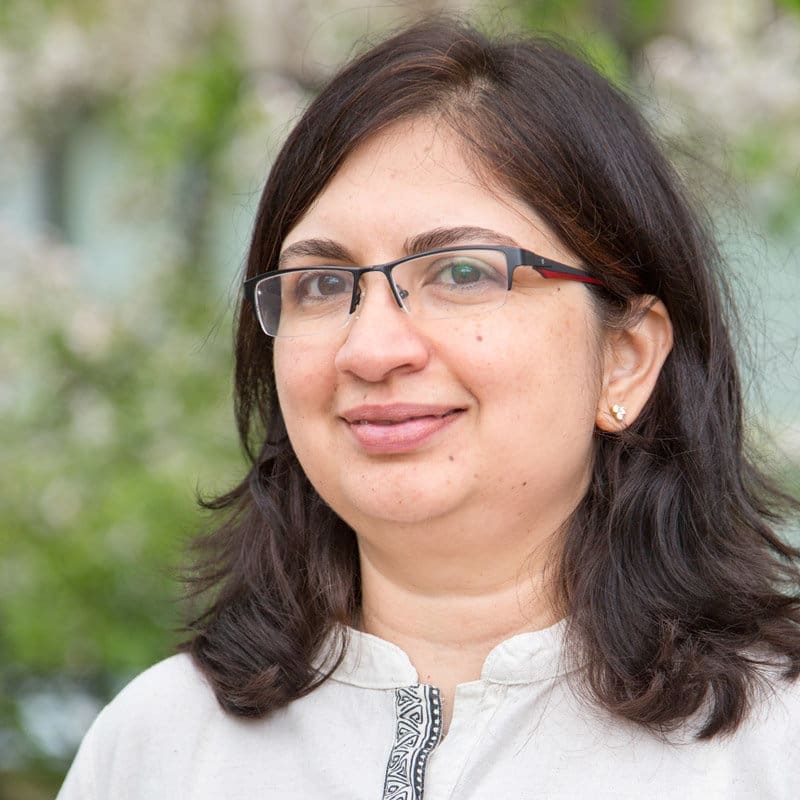
Jeff Masters
Dr. Jeff Masters has been a meteorologist since 1982. He flew with the NOAA Hurricane Hunters from 1986 – 1991, and earned his Ph.D. in air pollution meteorology in 1997 from the University of Michigan. He co-founded the Weather Underground, Inc. in 1995, and served on its board of directors until the company was sold to the Weather Channel in 2012. Since 2005, he has been writing one of the Internet’s most popular weather and climate change blogs, most recently for the Yale Climate Connection.
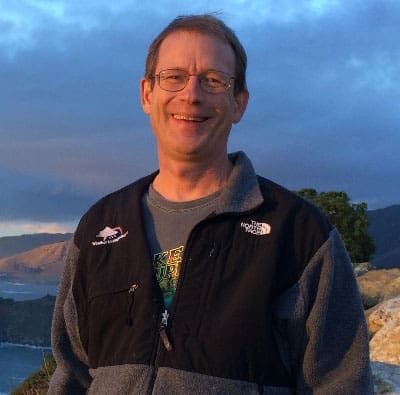
Fred Provenza
Fred Provenza is professor emeritus in Animal Behavior and Management at the Ecology Center and Department of Wildland Resources at Utah State University. He is a pioneer in the study of interrelationships among soils, plants, animals and people their effects on the health of landscapes, and has received numerous awards for research, teaching, and mentoring. His work laid the foundation for behavior-based management of livestock, wildlife and landscapes, inspiring researchers in disciplines as diverse as chemical ecology, ruminant nutrition, human nutrition and biopsychology, animal welfare, rangeland science and others. Their efforts led to the formation in 2001 of an international network of scientists and land managers from five continents, BEHAVE (Behavioral Education for Human, Animal, Vegetation and Ecosystem management), which is committed to integrating behavioral principles and processes with local knowledge to enhance ecological, economic and social values of rural and urban communities and landscapes. His latest book is Nourishment: What Animals Can Teach Us about Rediscovering Our Nutritional Wisdom.
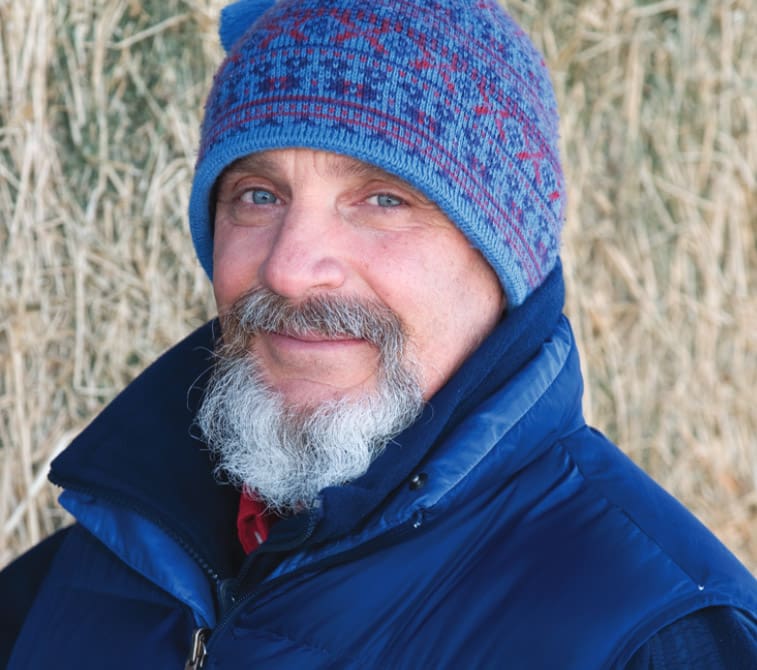
Bill Reed
Bill Reed is an internationally recognized practitioner, lecturer, and leading authority in sustainability and regenerative planning, design and implementation. Bill is a principal in Integrative Design, Inc. and Regenesis Group – organizations working to lift green building and community planning into full integration and evolution with living systems. His work centers on creating and implementing a whole and living-systems design process. The benefits of this process include higher efficiency, lower costs, reduced waste, faster time to market, and the realization of exponential value to the social, ecological, financial and human qualities of a project, the community and its ecosystem. Bill is an author of many technical articles and contributed to many books including co-author of the seminal work, “Integrative Design Guide to Green Building.” He is a founding Board of Director of the US Green Building Council and one of the co-founders of the LEED Green Building Rating System. In addition to being considered one of the leading thinkers in this field, Bill has also consulted on over two hundred green design commissions, the majority which are LEED Gold and Platinum and Living Building Challenge projects. He is also a keynote speaker at major building and design events as well as a guest lecturer to universities throughout Europe and North America including Harvard, MIT, Princeton and UPenn.
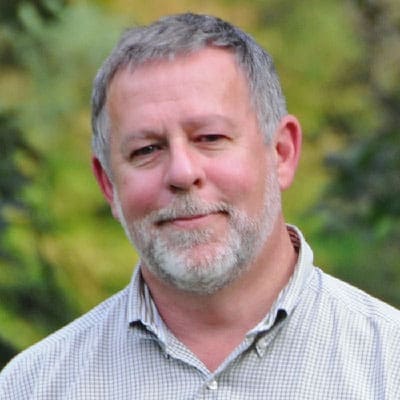
Judith Schwartz
Judith D. Schwartz is a longtime freelance writer and author of several books. Over the last several years she has written about the juncture of economics and the environment for such publications as Time, Time.com, the Christian Science Monitor, Conservation, and the UK Guardian. She is the author of Cows Save the Planet and Other Improbable Ways of Restoring Soil to Heal the Earth (Chelsea Green Publishing, 2013). The Organic Consumers Association calls the book “a call to action for the soil”, while author Michael Pollan says the book is “the most hopeful and surprising book on the enviro[nmental] crisis I’ve read this year.” Her most recent book is the inspiring Reindeer Chronicles. Judith has a B.A. from Brown University, an M.A. in Counseling from Northwestern, and an M.S.J. from the Columbia University Graduate School of Journalism.
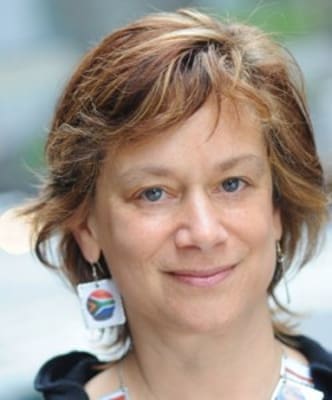
Ridge Shinn
Ridge Shinn is the founder and CEO of Big Picture Beef and a leader in the shift away from feedlot beef to raising cattle on 100% grass and forages – no corn ever – using regenerative pasture and grazing management that sequesters carbon deep underground. Currently he is developing a large-scale supply of 100% grass-fed and grass-finished beef in the Northeast U.S. This program will provide economic opportunities for existing small farmers in the region and safe, nutritionally superior Northeast beef for Northeast markets, all while improving soil fertility and water retention and combating climate change. Ridge was founding director of the New England Livestock Alliance, co-founder of Hardwick Beef, and co-founder of Rotokawa Cattle Company. He has consulted all over the US, and in New Zealand, Uruguay, and Argentina on beef production and ecosystem restoration through grazing. His work has been recognized in Time Magazine, Atlantic Monthly, New York Times, Wine Spectator, and Smithsonian.
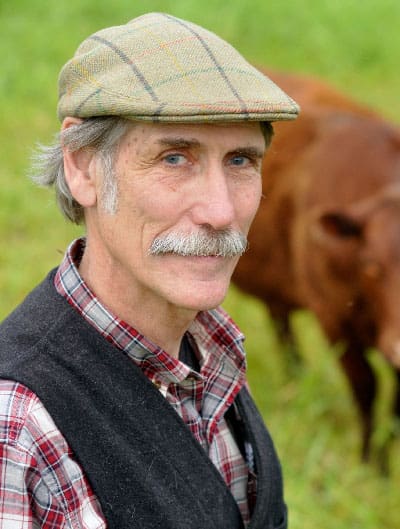
Richard Teague
Richard Teague is Professor & Associate Resident Director at Texas A&M AgriLife Research and Extension Center. His philosophy is that research and service must provide the linkage that enables managers to base decisions for sustainable land use on the principles of ecosystem function. He uses four key elements to enhance this linkage: a systems research program, resource accounting, long-term assessment and partnering with rancher clientele. His goal is to use a systems approach in developing land and livestock management practices that sustain natural rangeland resources and the people depending on the land. His work includes studies of holistic management practices published in professional journals.
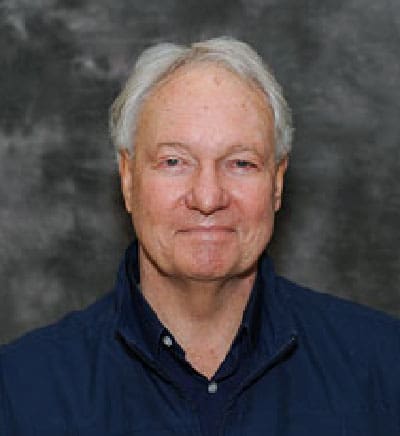
John Todd
John Todd has pioneered ecological design and engineering for nearly five decades. He is the founder of John Todd Ecological Design, Ocean Arks International, and co-founder of New Alchemy Institute, which led investigation into organic agriculture, aquaculture and bioshelters. He holds degrees in agriculture, parasitology and tropical medicine, and a doctorate in fisheries and ethology. He is professor emeritus and distinguished lecturer at University of Vermont’s School of Natural Resources and a fellow of the Gund Institute for Ecological Economics. He was recognized in the “Genius Issue” of Esquire and was profiled as one of top 35 inventors in “Inventing Modern America.” He holds numerous patents for ecological waste treatment, and has designed over 100 Eco-Machines™ for waste treatment, food production, fuel generation and environmental restoration worldwide. He is the author of over 200 scientific, technical and popular articles as well as six books.
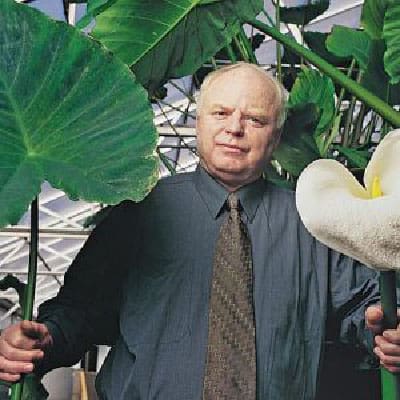
Emeritus
Helen D. Silver
Helen D. Silver is an attorney specializing in environmental and sustainability issues, in particular climate change. She is one of the cofounders of Biodiversity for a Livable Climate, and is a Principal at Ground Up Consulting, LLC. She has worked with national and regional nonprofits to develop and advocate for effective climate change and other environmental policies in a wide variety of contexts, including with U.S. EPA. She has served on subgroups of the Clean Air Act federal advisory group and other stakeholder groups charged with developing policy recommendations. Helen also has significant expertise with respect to carbon accounting policies, in particular with respect to biomass and biofuels policies. She has represented nonprofits in ensuing litigation before the D.C. Circuit Court of Appeals, advised private sector companies on environmental policy and compliance issues, and worked with countries to resolve international environmental disputes, including before the International Court of Justice. In her free time, Helen enjoys fly fishing, hiking, cooking, and visiting farmers markets.
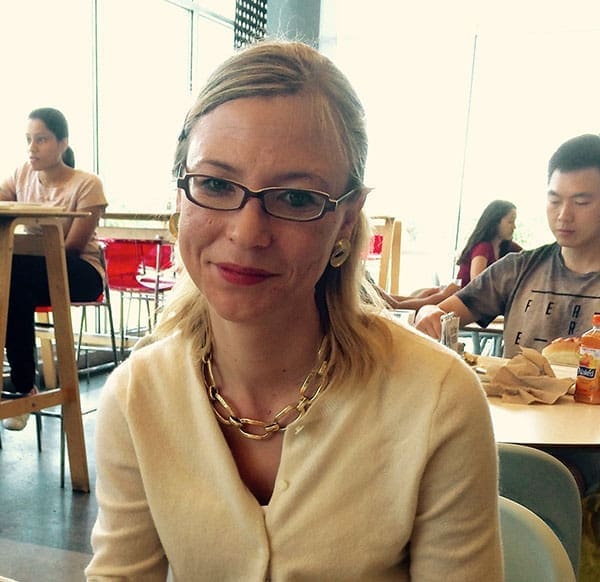
In Memoriam
Brent Blackwelder
We honor the life and contributions of former BLC advisory board member Brent Blackwelder who passed on November 23, 2023. Brent was an inspiration to many and his support for our mission was instrumental in our success.
Brent Blackwelder is the emeritus president of Friends of the Earth. He was a founder and first chairman of the board of American Rivers, our nation’s leading river conservation organization. He was also one of the founders of the Environmental Policy Institute, which merged with Friends of the Earth in 1989. He has testified in front of Congress on pressing environmental issues more than 100 times. As a leader in the effort to save rivers, Brent helped expand the National Wild and Scenic Rivers System from eight rivers in 1973 to over 250 today. He also worked to eliminate over 200 dams and other water projects that would have destroyed rivers, wetlands, wildlife and areas of special scientific value. Brent initiated campaigns to reform the World Bank and succeeded in getting Congress to enact a series of significant reforms directing the Bank and other multilateral lending institutions to pay more attention to the environment. He graduated summa cum laude from Duke University and received an M.A. in mathematics from Yale, and a Ph.D. in philosophy from the University of Maryland.
